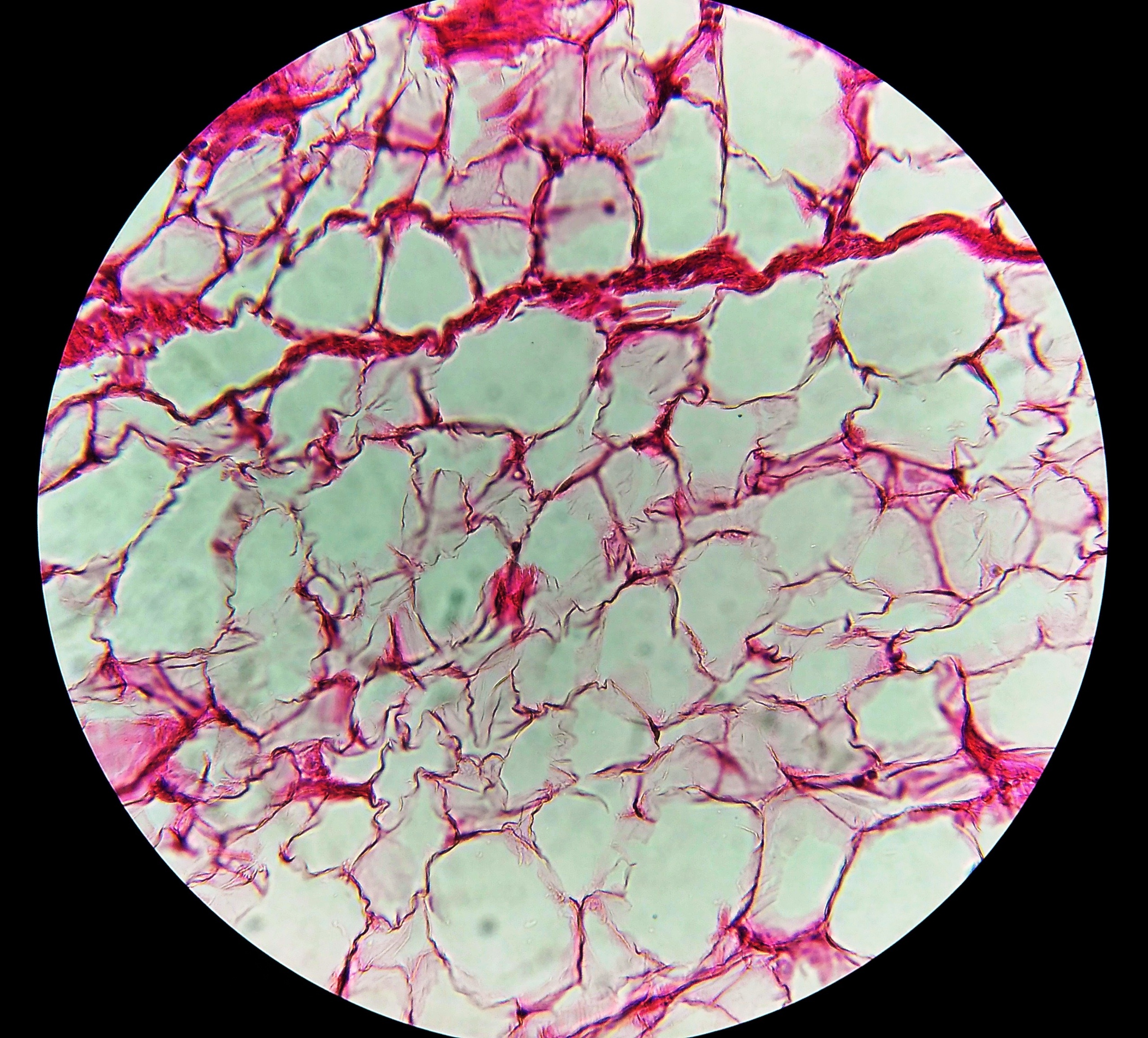Women Are Cooler. On the Feminization of Fat

The understanding that women are more likely to be fat than men and need fewer calories is common sense and counts as a truism in today’s nutritional discourse. Yet it has a relatively young history, one that shows how nutritional science contributes to shaping gender difference and ultimately putting women in their place. In the late 19th and early 20th century, nutritional research legitimized an unequal access to food for men and women and created fatness as a problem of passive women unable to keep up with modern times. Dietary Studies and Women’s Food Needs In the late 19th century US, nutritional science emerged in a society shaped by the belief that scientific expertise—especially on bodies—was key to individual…